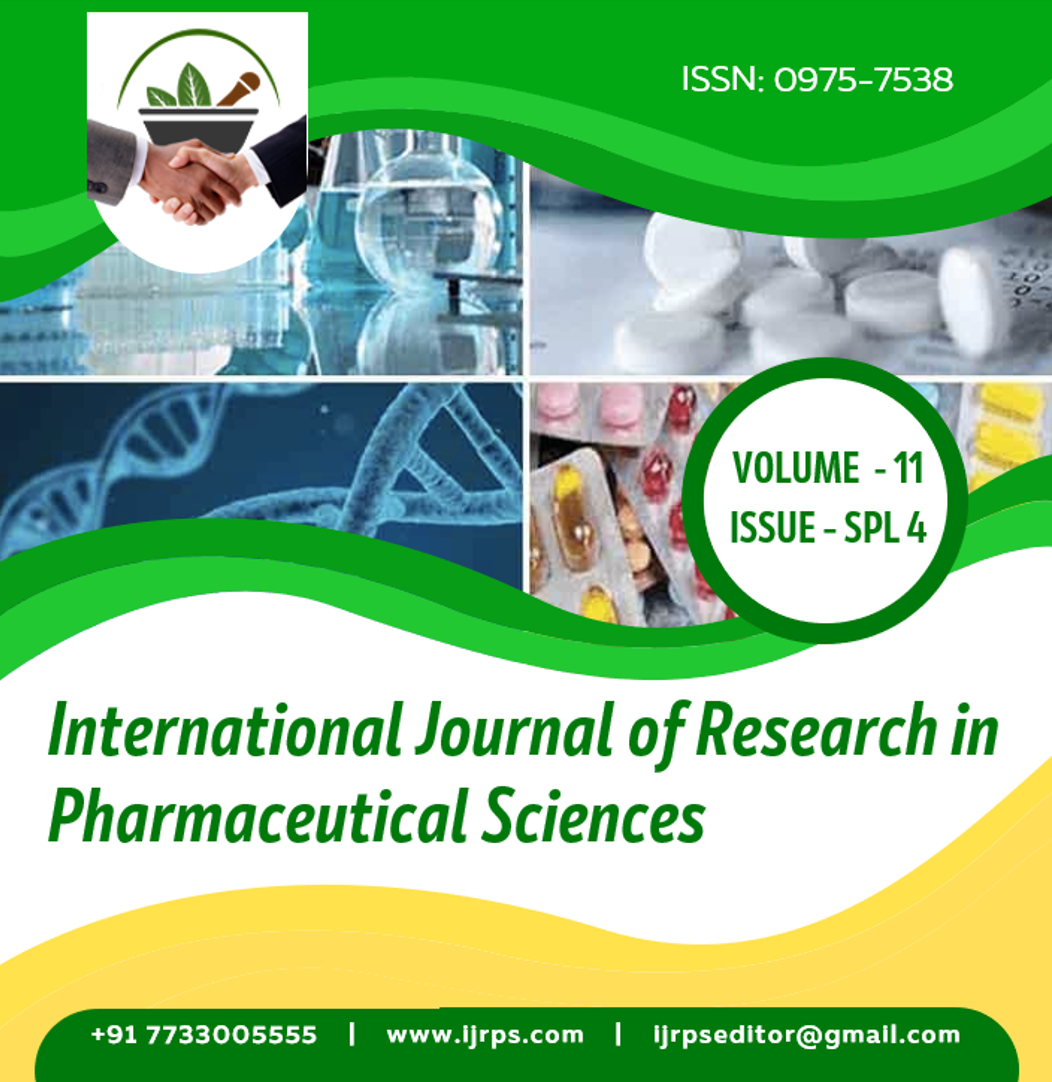Abstract
Mismatch of regional supply and demand of workforce warrants migration. Workforce gets migrated from abundantly available regions to scarcely endowed regions. Migration reduces the pressure of unemployment in the regions of abundance and facilitates capital formation. At the same time, migrated workforce comes across multiple adversities at their migrated places leading to complication in many fronts like adaptability to climate, culture, practice, language, food, etc. All these issues have direct bearings with the health of the migrants. As hypothesised before this research, based on observation of a few cases, migration put a toll on the health of the migration owing to failure in adaptability. However, a hypothesis based on judgment needs to be tested, and hence the foundation of this research is laid. This paper is based on qualitative research wherein Case study method is adopted, and seven cases (i.e., migrants) have been highlighted through in-depth interviews with those migrants, their family members and health-care consultants of those migrants for ascertaining whether migration has gifted them some diseases. In the process, this study also unfolds the availability, affordability and accessibility of the health care facilities in the migrated places by the migrant workforce.
Full text article
Authors

This work is licensed under a Creative Commons Attribution-NonCommercial-NoDerivatives 4.0 International License.

